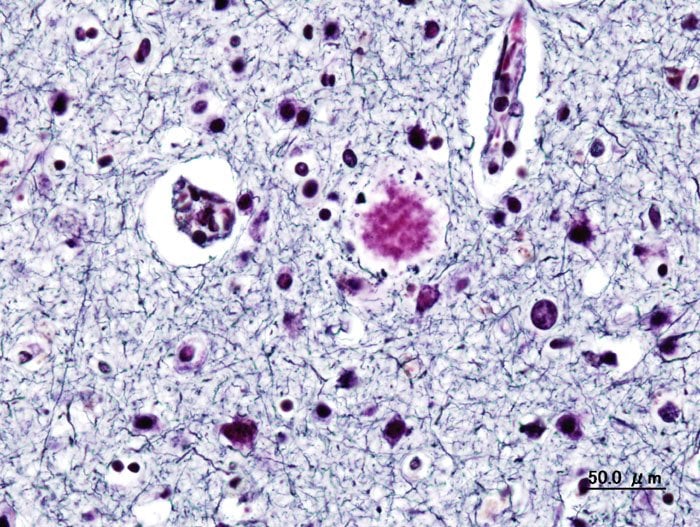New Alzheimer’s Treatment Emerges
February 2, 2023
Alzheimer’s disease is a progressive, irreversible brain disorder that destroys memories and eventually, many important mental functions. According to the FDA, Alzheimer’s disease affects over 6.5 Americans as of January 6th, 2023. It results in the loss of neurons and brain connections. In many cases, it may even lead to death. Alzheimer’s disease has been a major problem for people all over the world. However, a new treatment, labeled Leqembi, may be a possible solution to this. “Alzheimer’s disease immeasurably incapacitates the lives of those who suffer from it and has devastating effects on their loved ones,” said Billy Dunn, M.D., director of the Office of Neuroscience in the FDA’s Center for Drug Evaluation and Research. “This treatment option is the latest therapy to target and affect the underlying disease process of Alzheimer’s, instead of only treating the symptoms of the disease.”
Leqembi was approved by the FDA on January 6th, according to the New York Times. Leqembi is a drug that can slow the progression of Alzheimer’s disease in its early stages. A protein named beta-amyloid has been thought to be the cause of Alzheimer’s disease, and Leqembi can effectively target this protein to prevent further advancement of the disease. However, experts stated it was unclear from medical experience whether Leqembi is able to slow cognitive decline enough to be noticeable to patients. To test this, researchers conducted a double-blind, placebo-controlled, parallel-group, dose-finding study of 856 patients with early stages of Alzheimer’s disease. These patients were given a dose of the drug every two weeks, and researchers saw a substantial reduction in the amyloid plaque in their brains. The patients taking the placebo, on the other hand, saw no reduction in brain amyloid plaque, demonstrating Leqembi’s efficacy.
Furthermore, the Leqembi treatment is quite costly, and patients have to pay a sum of $26,500 a year, according to NBC News. As Dr. Rind stated, “Given the large number of patients with Alzheimer’s disease, it is particularly important that new therapies be priced in line with their value to patients.” This drug was made with Eisai, a Japanese pharmaceutical company, and Biogen. The two companies will split all profits.
The Leqembi label encourages that only patients in early or mild stages of Alzheimer’s should use this drug. This is because this group of people matches the status of patients in the clinical trials of the drug. However, the FDA requested more data on subgroups of patients characterized by age, gender, health status, ethnicity, etc. Most of the patients in the clinical trial were underwhelmingly white. About 1.5 million of the six million with Alzheimer’s are in the early stages.
The drug before Leqembi, called Aduhelm, was priced very high. Many patients could not afford the treatment, and it was therefore sidelined from the marketplace. If Leqembi gathers clearer evidence of helping patients, Medicare could cover the expenses for all patients under the condition that their experiences using this drug were tracked. Before this can be achieved, there are still many unanswered questions surrounding Leqembi.


















































































































































